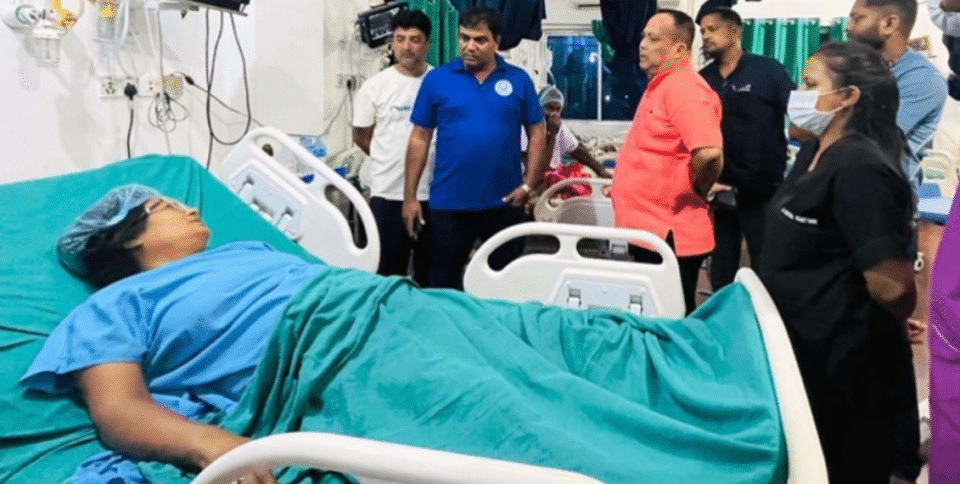Kathmandu, August 26: The National Public Health Laboratory has officially confirmed a cholera outbreak in Birgunj Metropolitan City, with at least three deaths and over 300 infections reported in the past week.
Of the 10 stool samples tested from infected patients, eight were found positive for Vibrio cholerae O1 Ogawa serotype, said Dr Ranjan Raj Bhatta, director at the laboratory. Two samples have been sent for subculture for further confirmation.
The outbreak has spread across wards 3, 11, 12, 13, and 16 of Birgunj, forcing several patients into intensive care units in health facilities across Parsa district. Public health experts say this is the largest cholera outbreak in Nepal since the 2009 Jajarkot epidemic, which killed dozens and sickened hundreds.
“This is a public health emergency,” warned Dr Baburam Marasaini, former director at the Epidemiology and Disease Control Division. “It exposes critical gaps in preparedness, response, and the poor state of water and sanitation.”
Authorities have linked the outbreak to prolonged drought and water scarcity in the region, which forced residents to rely on unsafe water sources. Experts caution that without addressing these root causes, fatalities may rise further.
Cholera is a highly infectious disease causing severe diarrhoea and vomiting, leading to rapid dehydration and potential death if untreated. The World Health Organization (WHO) recognises cholera as a global threat, stressing the need for safe drinking water, sanitation, hygiene education, and long-term investment in behavioural change.
Last year alone, Nepal recorded at least 95 cholera cases across multiple districts including Kathmandu, Lalitpur, Jajarkot, Pyuthan, Makawanpur, Rolpa, Sindhupalchok, Achham, and Rautahat. Experts say poor water supply systems, unhygienic storage conditions, and contamination of household pipelines continue to make the country highly vulnerable to waterborne diseases such as cholera, diarrhoea, dysentery, typhoid, and hepatitis.
Public health officials have urged authorities not to downplay the crisis, stressing the need for mass awareness campaigns, preventive health education, and improved water safety measures to contain the outbreak.

